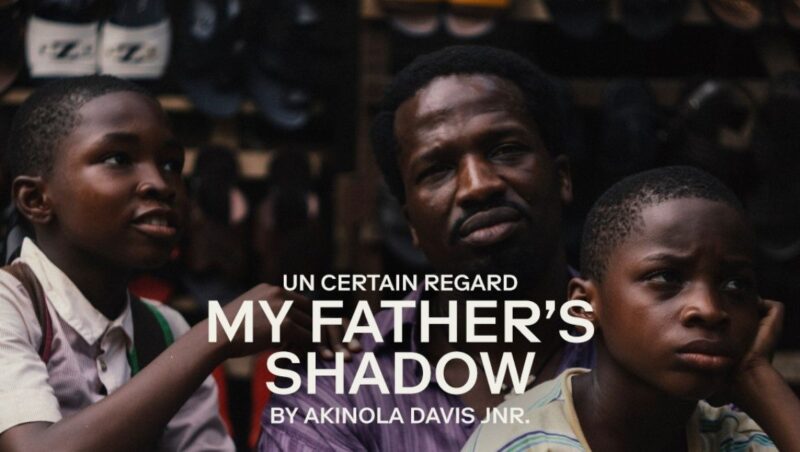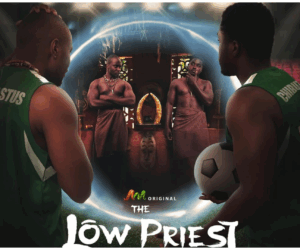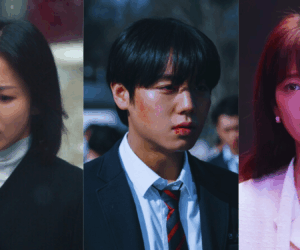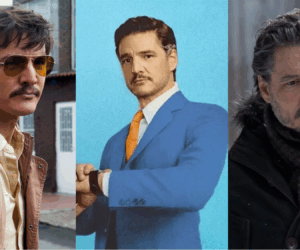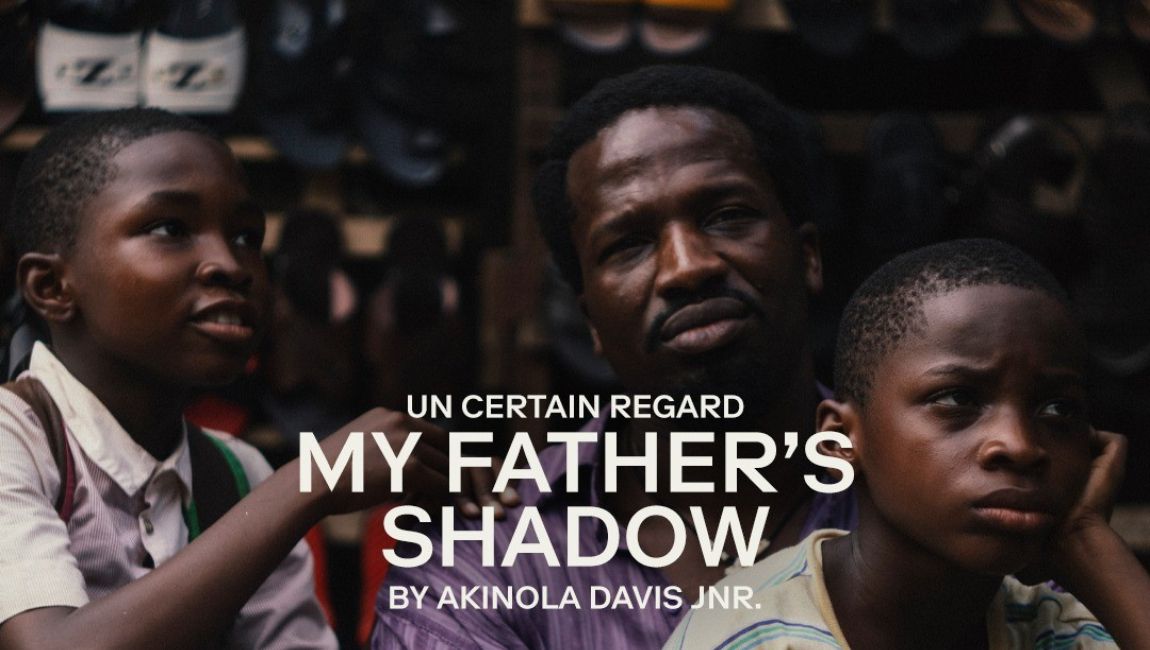
This is a historic moment: it’s a Nigerian story, shot largely in Nigeria and rooted in Nigerian experience, being submitted via the UK.
In Nigeria, the National Official Selection Committee (NOSC) reportedly chose not to submit to the International Feature category this year. My Father’s Shadow was considered among several films.
My Father’s Shadow is a testament that Nigeria can tell deeply personal, beautifully crafted stories that resonate globally. Directed by Akinola Davies Jr., co-written with his brother Wale Davies, and co-produced by a collaboration of Nigerian and international partners, the film has captured attention both at home and abroad.
The film is set over one day in Lagos, in 1993, against the political unrest surrounding the annulled June 12 presidential election. It follows two brothers, Remi and Akin, who are unexpectedly taken by their estranged father, Folarin, into the city as he tries to collect unpaid wages.
The father is played by Sope Dirisu. The boys are played by Godwin Chimerie Egbo and Chibuike Marvellous Egbo. The cinematography is by Jermaine Edwards.
The producers include Funmbi Ogunbanwo, Rachel Dargavel, and others. Most of the filming was done in Nigeria, using a predominantly Nigerian cast & crew.
Some of the film’s accolades include World premiere at the Cannes Film Festival in 2025, in the Un Certain Regard section. It was awarded a Caméra d’Or Special Mention for best first feature at Cannes and widely praised in international and Nigerian press.
Time Out, The Guardian, etc., have lauded its emotional impact, visual richness, and subtle handling of large themes such as fatherhood, identity, absence, and national memory.
READ THIS: Not all filmmakers are the same: Here’s a guide to knowing the difference
Why This Matters
By situating its narrative in 1993, during a fraught moment in Nigerian political history, the film is not just personal but collective. It’s about fathers, but also about a nation seeking stability, reconciliation, and memory.
The film’s successful premiere at Cannes and now this Oscar submission show Nigerian films can compete internationally, in terms of creativity, technical quality, and depth.
The involvement of international bodies (like BBC Film, BFI, MUBI, etc.), combined with strong local input, underscores a path forward: Nigerian stories with global production values but local authenticity.
If this film goes further, into Oscar nominations or wins, it would pave more paths, not just for Akinola Davies Jr, but for many young Nigerian creatives who have long felt limited by what their own industry could (or would) support. Even if it doesn’t win, its existence and reception already shift the conversation.
RECOMMENDED: Idris Elba and Akinola Davies Jr. Bring Nigerian Stories to BFI London Film Festival

